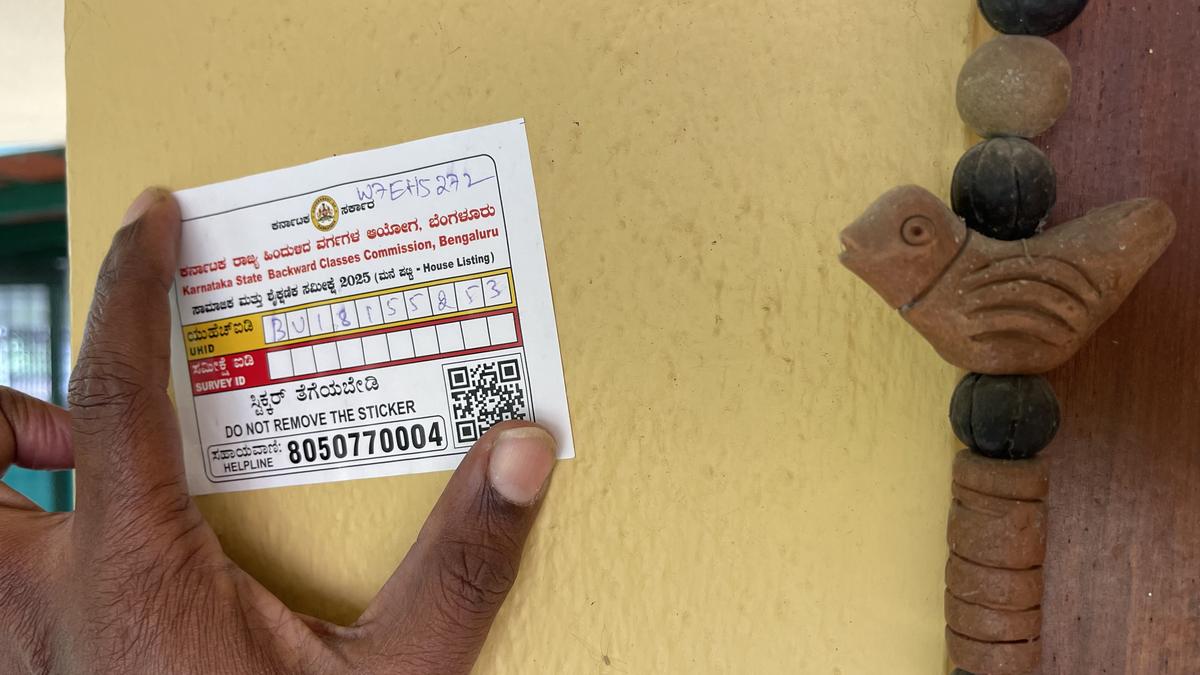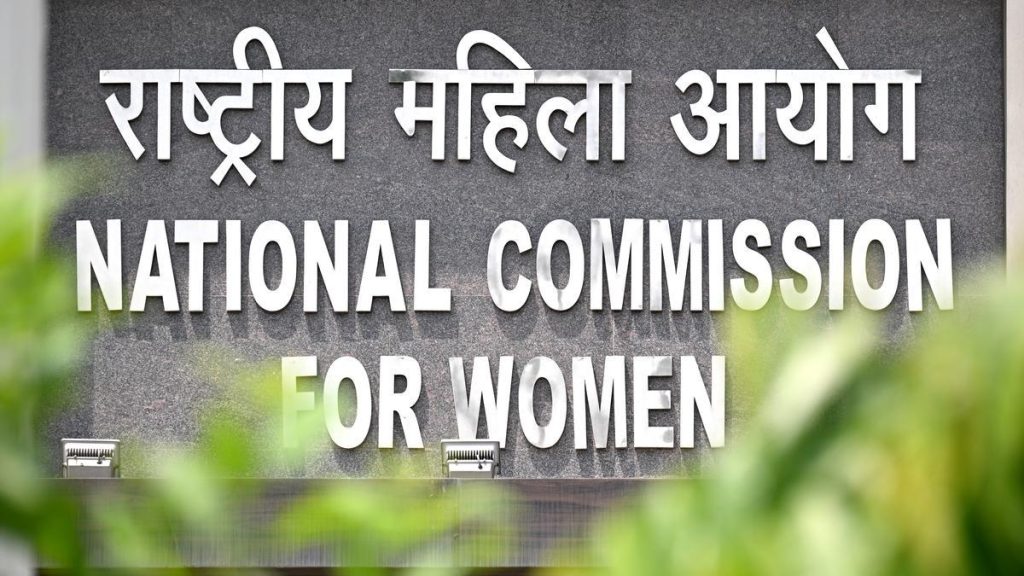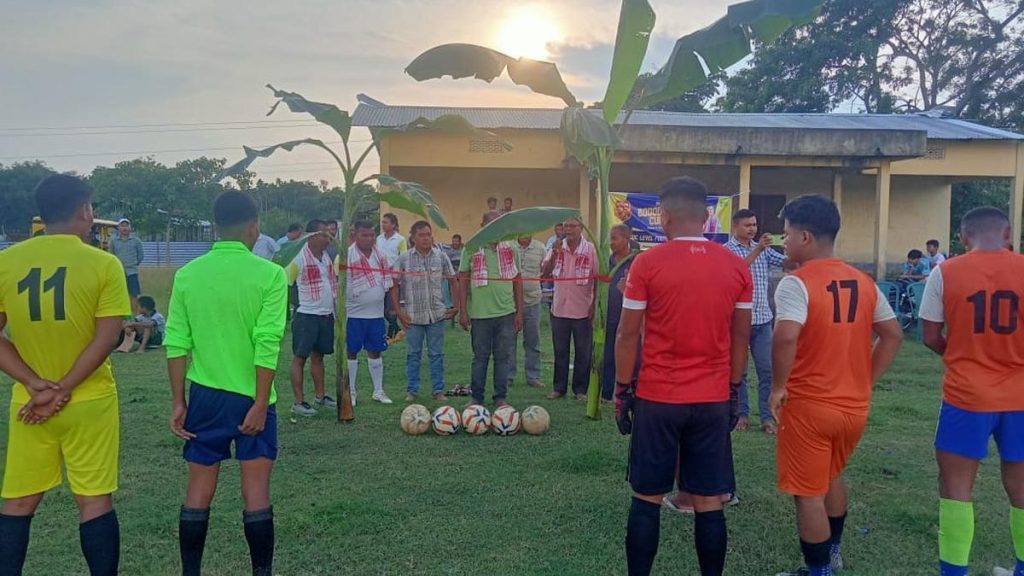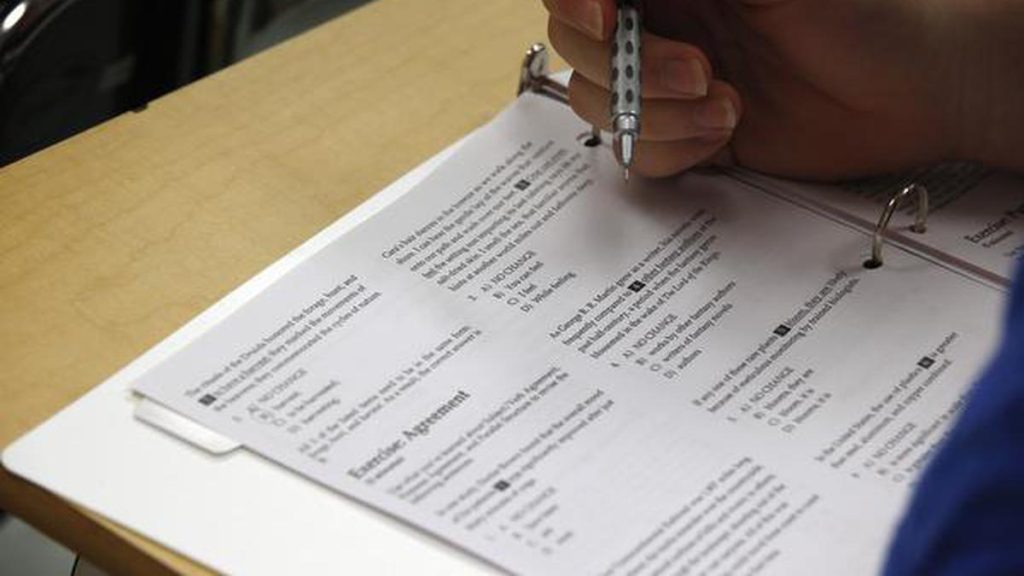Now Reading: Karnataka to Launch Statewide Socio-Educational Survey on September 22, Excludes Greater Bengaluru
-
01
Karnataka to Launch Statewide Socio-Educational Survey on September 22, Excludes Greater Bengaluru
Karnataka to Launch Statewide Socio-Educational Survey on September 22, Excludes Greater Bengaluru

Quick Summary
- Karnataka State commission for Backward Classes is conducting the second socio-educational survey to enumerate a population of seven crore across Karnataka.
- The survey excludes the Greater Bengaluru Authority (GBA) area temporarily, where it will begin after a few days due to administrative issues.
- Two crore households have already been mapped using electricity connections, and the survey aims for completion within 16 days. over 2 lakh teachers and personnel are involved in this effort.
- Survey methods include door-to-door questioning (60 questions per household), online options authenticated by Aadhaar, and use of ration card numbers to accelerate data gathering.
- Households are geo-tagged, allowing real-time monitoring; locked houses will receive stickers with contact details for scheduling revisits or participation.
- The delay in Bengaluru arises from challenges including administrative logistics and previous hurdles such as low participation rates, notably in apartments and gated communities.
- Special measures like slot bookings for enumeration aim to improve outreach in BengaluruS GBA region.
Indian Opinion Analysis
This socio-educational survey marks an ambitious step by Karnataka towards creating detailed demographic data that can guide equitable policy-making for backward classes. By integrating modern tools like Aadhaar authentication and geo-tagging, the process reflects significant advancement in ensuring openness and efficiency compared to past surveys which struggled with low penetration rates in urban areas like Bengaluru.
Though, delays in launching this initiative across GBA territory highlight persistent logistical hurdles that need resolution if extensive statewide data is to be achieved on time.Lessons learned from previous surveys suggest active collaboration between authorities and local communities-especially those residing within gated societies-is essential to foster public involvement.
this exercise could emerge as a valuable template for large-scale demographic studies elsewhere if executed smoothly amid its operational challenges.
Read more: The Hindu
























